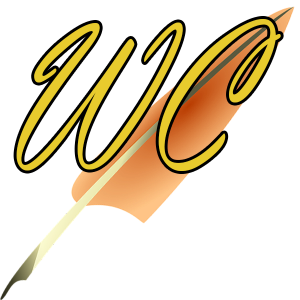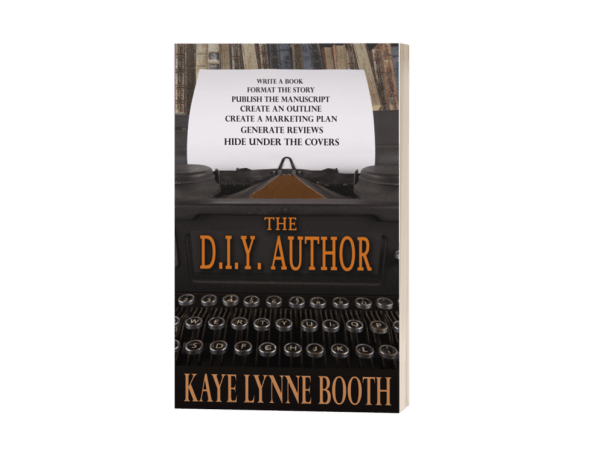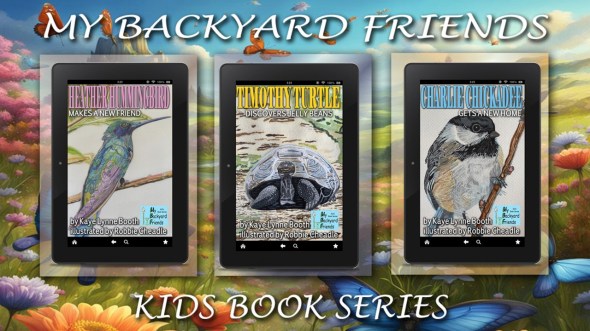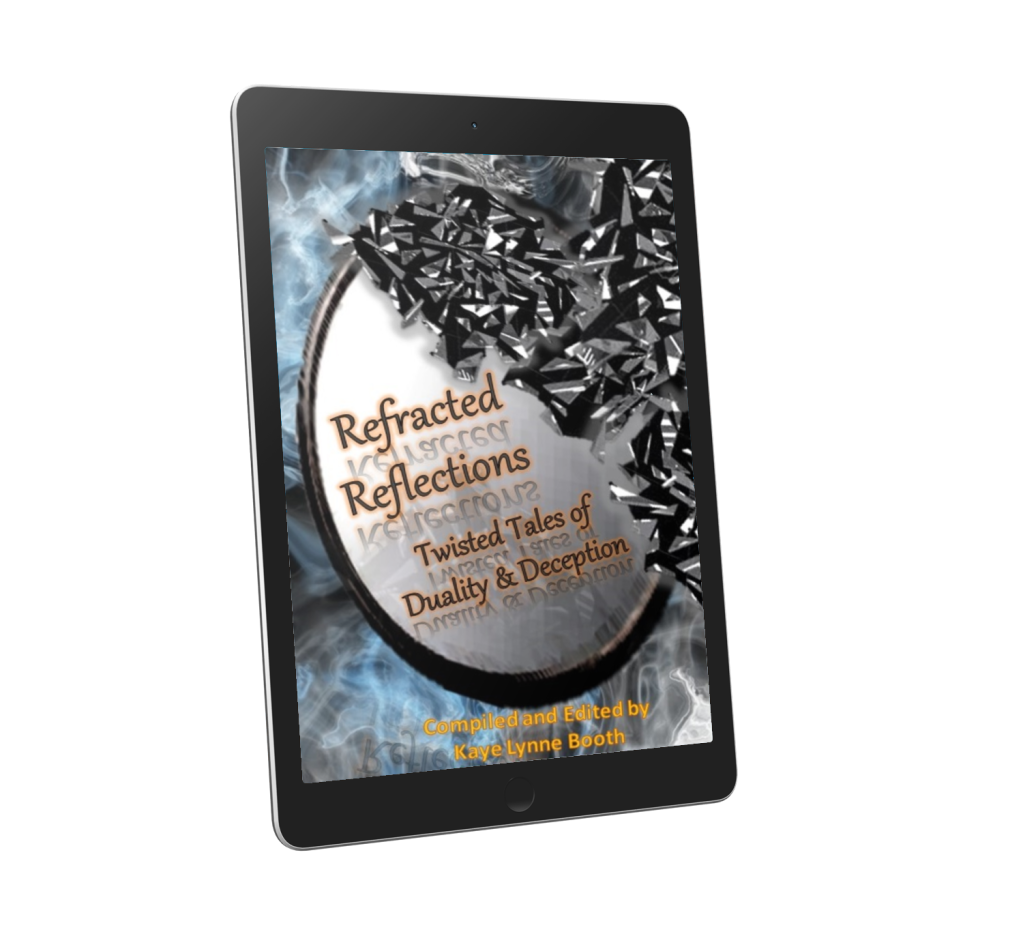Weekly Writing Memo: Learning to Write
Posted: November 24, 2016 Filed under: Fiction, Screenwriting, Screenwriting, Uncategorized, Weekly Writing Memo, Writing, Writing Tips | Tags: Writing 5 Comments Everyone always wants to know the big secret for how to write. They want the shortcuts, and the formulas, and the rules, but while those things may give you the illusion of a solution, they’re not the real answer. Shortcuts, rules, and formulas for writing can be great and useful, but in the long run, they limit your abilities as a writer. Knowing the rules can be a good foundation, but personally, I believe that it can’t be all you know. While everyone has a different theory about the best way to learn to write, there are a few “tricks” that almost everyone agrees on.
Everyone always wants to know the big secret for how to write. They want the shortcuts, and the formulas, and the rules, but while those things may give you the illusion of a solution, they’re not the real answer. Shortcuts, rules, and formulas for writing can be great and useful, but in the long run, they limit your abilities as a writer. Knowing the rules can be a good foundation, but personally, I believe that it can’t be all you know. While everyone has a different theory about the best way to learn to write, there are a few “tricks” that almost everyone agrees on.
Reading
It amazes me the number of writers, screenwriters or fiction writers, who loudly proclaim how little they read or how much they hate reading in general. Whatever your chosen medium, you should be reading it and absorbing it as much as possible. As a screenwriter, reading scripts can help you learn techniques for telling a story in script format, succinct characterization, how to establish setting and many other things. As a fiction writer, reading novels and short stories can help you learn much the same. The more you immerse yourself in what you want to create, the more natural it will be when you begin writing the material yourself. Everything you read, whether you realize it or not, is integrated into your pre-existing knowledge and expands the “tools” you have at your disposal for writing.
A great example of this that works for most people is something like grammar – if you read a lot, you will gradually pick up grammar rules and standards that you don’t even know you know. Think of every sentence you write. Do you specifically analyze the sentence structure and whether it is grammatically correct, or can you read it and know it “sounds” or “feels” right? Many people who have learned grammar through reading have this ability, where they can correct a grammatically incorrect sentence because the proper format has been ingrained in them through reading, but they can’t explain how the sentence was incorrect.
Learning story and writing works similarly in some ways. If you read enough of the medium you want to write, you will start to build up your ability to recognize what is standard, what is abnormal, and you may even start to recognize typical story structures and character archetypes. You’ll also be able to recognize when a writer does something unusual, and then you can begin to break it down and figure out what they did and why.
Analyzing
This next step is one that I think is critical in learning to write. While reading as much of your preferred medium is the first step, analyzing what you’re reading is the next. Forcing yourself to think critically about what you’re reading is how you can make it easier for yourself to recognize issues in your own work. Whenever you’re reading, ask yourself what is working for you and what isn’t. Then take things one step further and ask yourself why it isn’t working. If you can break down why something isn’t working, then when you encounter it in your own writing you’ll be able to fix it. Every piece of writing has good and bad to it, and learning to identify both in the works you read will help you figure out things you may want to emulate in your writing, as well as things you probably want to avoid.
Writing
The most obvious way to learn to write is by doing. So many writers constantly research how to write, or talk about writing, or dream about writing, but never actually get to the writing part. Writing takes practice, and the more you do it the more you’ll improve. Personally, I think the best way to improve is to constantly push yourself to try new styles and techniques of writing. When I was first starting out I embarked on a 365-day project to write a short story a day for a year. I did this because I wanted to really buckle down and explore my writing so I could improve. I know everyone doesn’t have the time to do something like that, but I do think the most valuable thing I learned from doing it was to try new styles of writing. By trying different styles, genres, techniques, and story structures, you become familiar with them and add them to your “toolbox” of abilities. If you understand how they work, then when you need them in a story you’ll easily be able to work them in. I also think it’s useful because just knowing about the various techniques broadens your abilities when you’re writing. It’s easier to figure out how to tell a story in the best way if you know 100 different methods than it is if you only know 2.
Mentors and Other Writers
Having a mentor can mean joining an MFA program, finding someone in the industry willing to advise you, or finding a workshop group or another writer to get advice from. The important aspect is to find other writers who you can share your work with and get feedback. Ultimately, I think writing stops progressing at a certain point without feedback, so you have to decide what you are looking for and where you can find it. Some people luck into a mentor and find the feedback and guidance that way, but others have to seek out that feedback in their own ways.
I’ve done workshops, worked with other writers, and been in an MFA program, and I think they all have their own benefits depending on what suits you personally. Workshop groups can be great because you get a huge variety of voices on a piece of writing and you can learn a lot about it. They can also be negative, however, because some workshops devolve into a hive mind and are no longer helpful. The problem is, you usually don’t know how helpful the group is until you get there, but the beauty is they usually don’t last long so you can always find another one if needed.
For some, an MFA program is a ridiculous waste of money and gets you nowhere, but I personally found it incredibly helpful because it fit what I was looking for. I did a low-residency MFA program at Western State Colorado University where I studied both genre fiction and screenwriting. I choose my MFA because the focus was on genre fiction rather than literary fiction (I already had a degree in literary fiction), and because the professors in the program were all people actively working in the industries they were teaching about. I also chose to continue studying writing in an MFA program because I wanted to learn as much about writing as I could, as quickly as possible, and an intensive 2-year program would give me that boost to help me write better and make connections.
Ultimately, whether you choose an MFA program, a workshop, or a mentor, it’s all about research and knowing yourself. What method do you learn best? Who are the teachers or writers you’ll be working with? What may the teach you? All that being said, the key to this is finding someone, somewhere, who you can connect with on your writing and learn from. If you have a mentor, or a writing group, or an MFA program that does this, that’s awesome, but the key is getting your work seen and getting a reaction. Writing is meant to be shared, and having a “safe” group to share it with before you go public can be pivotal in your writings’ success.
Final Notes
There are a lot of other tips and tricks you’ll see about how to perfect your writing and become a master, but ultimately they all boil down to these four things: Read what you want to write; Study it, analyze it, and tear it apart until you understand how the writing succeeds and how it doesn’t; Write as much as you can and practice, experiment, and repeat; and find someone to share your work with that you can trust, that you can learn from, and that you can get feedback from. It takes time, and a lot of work, but your writing will show that it’s worth it in the end.
Robin Conley offers great writing advice most Wednesdays and shares an occasional guest review on Writing to be Read. If you just can’t wait until next week to find out more, you can pop into her blog, Author the World, for more tips, or a weekly writing prompt.
Discover more from Writing to be Read
Subscribe to get the latest posts sent to your email.























[…] Read More: Weekly Writing Memo: Learning to Write […]
LikeLike
Workshops are definitely a must, in my opinion. I also think learning about the craft itself by taking courses is necessary.
LikeLike
I agree! They both offer different types of lessons but are equally important if a writer really wants to improve.
LikeLiked by 1 person
Hats off to whevoer wrote this up and posted it.
LikeLike
That would be Robin Conley.
LikeLike